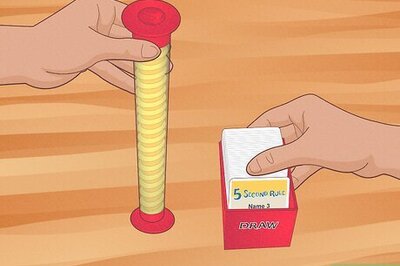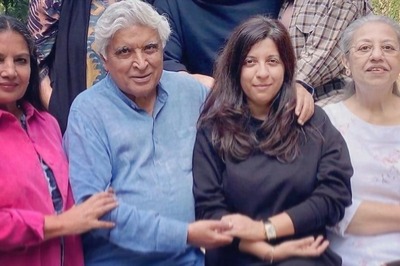
views
A well-known artificial anti-oxidant, TEMPO, is up to 100 times more powerful than nature's best and could help counteract everything from skin damage to Alzheimer's disease, a study has found.
Free radicals are highly reactive molecules that are naturally present in the body and are created during routine natural processes like breathing, according to researchers at the University of British Columbia (UBC) in Canada.
"Free radicals are a natural part of human metabolism. But when our bodies have too many, like when we are exposed to UV radiation from the Sun, when we smoke, or even when we drink alcohol, it can be a problem," said Gino DiLabio, a professor at UBC.
"These extremely reactive molecules can damage cells or DNA and can contribute to many different diseases, like Alzheimer's, and some researchers think they may even be responsible for ageing," DiLabio said.
The study, published in the Journal of the American Chemical Society, may lead to the development of a pharmaceutical therapy to help prevent free radical damage.
While the body already has its own chemical defences against free radicals through vitamin C and vitamin E, DiLabio and his colleagues wanted to know how a human-made anti-oxidant called TEMPO would perform.
The researchers, including those from the University of Bologna in Italy, used a mimicked cell environment to test how effective TEMPO was in converting free radicals to non-harmful molecules compared to vitamin E.
"We were surprised to learn that TEMPO was up to 100 times faster at converting free radicals than vitamin E in fatty environments," said DiLabio.
"That means that it could be a particularly effective means of protecting skin tissues or even the walls of cells from radical damage," DiLabio said.
















Comments
0 comment